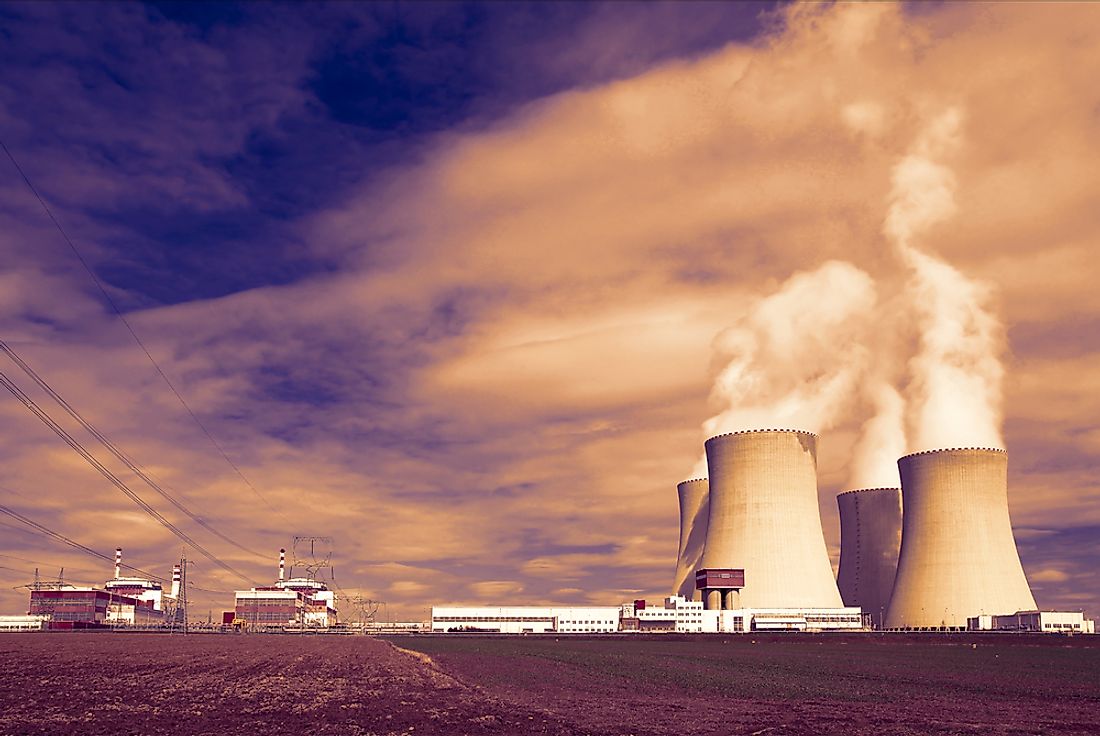Is Nuclear Energy Safe?

What Is Nuclear Energy?
Nuclear energy is formed through the process of either nuclear fusion or nuclear fission. In nuclear fusion, small atoms combine to form big atoms, releasing energy in the process. In nuclear fission, atoms are split to form smaller particles, giving off energy. The sun produces heat through nuclear fusion while nuclear power plants generate electricity through nuclear fission.
While no technology is perfectly safe, nuclear energy carries a well-documented risk of nuclear disaster. In order to minimize its risk, stringent safety practices and standards needs must be implemented.
Nuclear power: Safe Or Not?
Nuclear power has its advantages and disadvantages. It has been widely considered to be a climate-friendly source of energy as it does not release harmful carbon dioxide, which is a major contributor to global warming. However, safety concerns surrounding nuclear energy include the possibility of the release of radioactive materials into the environment. Another concern is how exactly to deal with the radioactive waste emitted by the plant.
Nuclear Meltdown
A meltdown is an accident that causes the melting of the reactor’s core due to severe overheating of the nuclear reactors. This accident typically occurs when there is a breakdown in the cooling system of the reactor thus allowing nuclear elements to exceed its melting point. When a meltdown occurs, a nuclear power plant releases harmful radiation into the environment.
Health And Safety Concerns
The primary health concern associated with a nuclear energy accident is the adverse effects that radiation can bring to all forms of life, including humans. On a day to day basis, everyone is exposed to low levels of radiation. Radiation comes naturally from the ground or from outer space. Some medical procedures such as an X-ray, MRI, and CT scan use radiation in order to diagnose and treat diseases. This low level of radiation does not cause serious health problems. Exposure to acute radiation causes radiation sickness that arises over a short time exposure. Its symptoms manifest through skin burns, hair loss, diarrhea, vomiting.
There is also an environmental health concern associated with nuclear power. Nuclear plants use water from lakes for cooling before releasing boiling water to the habitats of sea creatures such as fish. This hot water could also be polluted with heavy metals, which in turn affects the lives of plants and fish in the lake.
There are also concerns that terrorists can target nuclear power stations in their attacks. This concern came after the September 11, 2001, terrorist attack on the World Trade Center in New York. There are not enough guarantee as to whether nuclear reactors can withstand terrorist attacks despite the building of continental walls that surrounds these plants. However, in the United States, nuclear power stations are built to withstand earthquakes, tornados, hurricanes, and mild plane crashes.
Managing Radioactive Waste
The major challenge that has come with nuclear power generation is perhaps the way to deal with radioactive waste that is created during nuclear fission. This waste cannot be disposed of conventionally because radioactive nuclear fuel remains radioactive for over thousands of years. Disposing of this waste is a challenge as the demand for spaces in which to dispose of radioactive waste is ever increasing. Lack of storage could limit the production of nuclear energy in the future.











